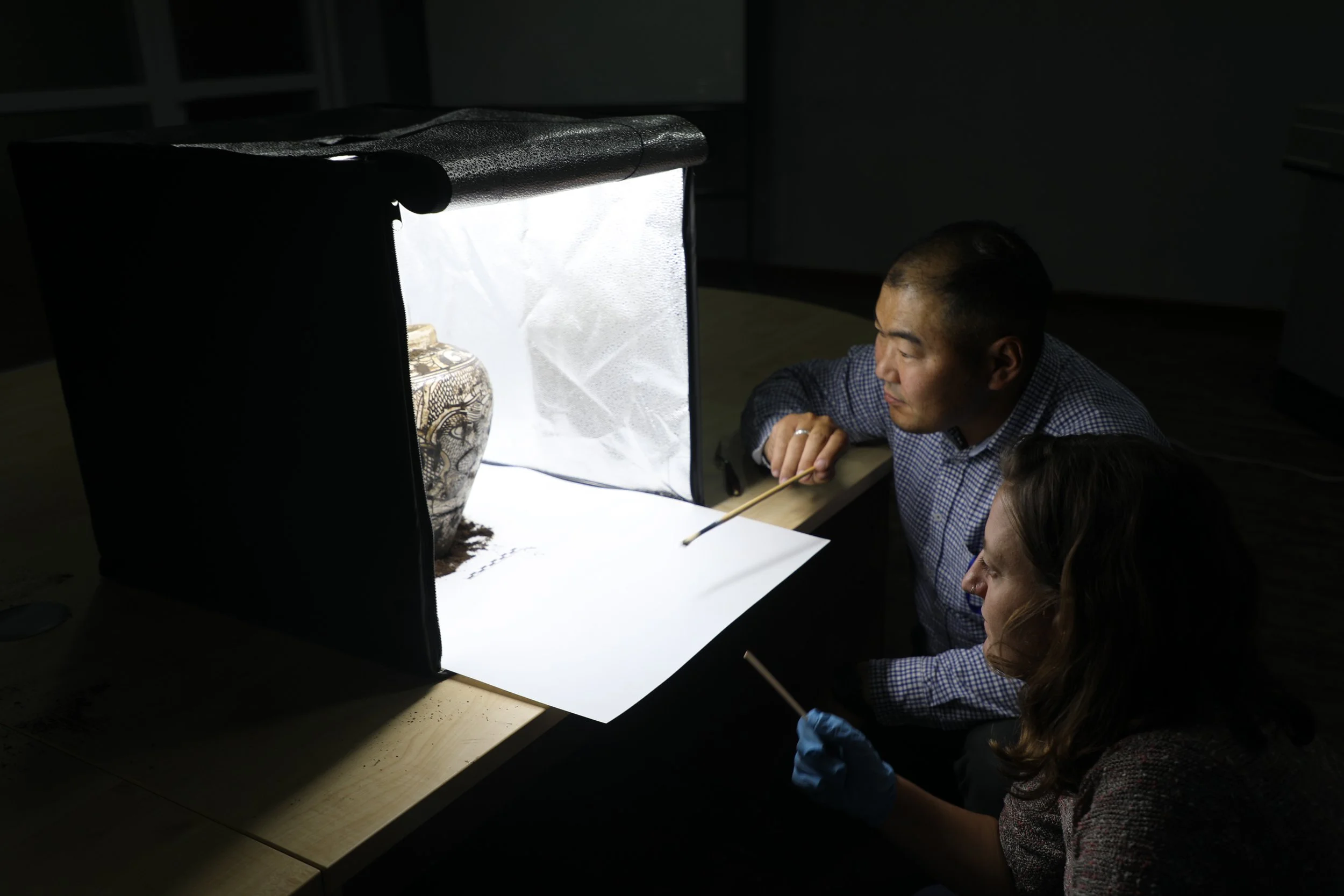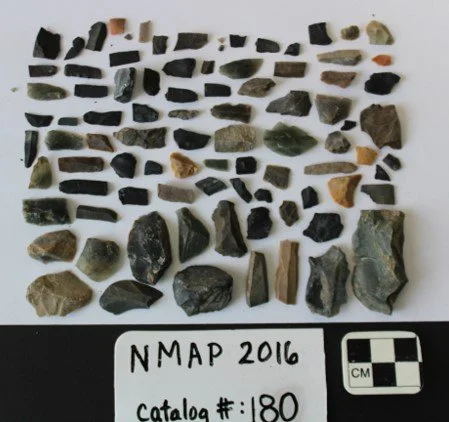Session III: Lab Internship
All artifacts collected by Nomad Science and our partners are curated at facilities in Ulaanbaatar. These collections hold a lot more information just waiting to be discovered!
Dates: August 10-19, 2026
Fees: $400
Why are we doing this?
Nomad Science and our partners collect a lot of artifacts in the course of our fieldwork. These collections are curated at facilities in Ulaanbaatar. We collect items so that they might be sampled, studied more completely, and saved for future analyses. Our collections include lithics, ceramics, bones (human and animal), textiles, wood and bone objects, metal objects, and soil samples. During this session, we will revisit these collections for the purposes of documenting their condition, gathering additional data, and selecting samples for further specialized analyses. This is an important part of all archaeological projects and an important skill set for all future archaeologists to obtain. We imagine this being a convenient add on for students in session 2 or 4 who want to boost their Mongolian archaeology experience, but all applicants are welcome.
Laboratory Activities and Skills
During this session, students will be instructed by specialists in conservation, lithics, bones, and ceramics on the techniques used to manage these collections, gather data, and prepare samples for analyses. Additionally, students will have to opportunity to work with GIS data to do various spatial analyses and produce maps of Nomad’s project areas. Students will learn skills related to artifact documentation, measuring, database creation and management, typologies, cataloging, artifact conservation, and sample collection. We encourage all students to get a broad experience in handling and analyzing different types of artifacts, though specialization is possible.
Intended Outcomes
This laboratory work will help us to manage our artifact collections better, ensuring that materials are properly housed and being taken care of in their new homes. The gathering of additional data will help us to prepare reports and write peer-reviewed articles, an essential step in ethical archaeological practice. Laboratory results also sometimes drive future fieldwork planning.
Description of City Life
Students will be responsible for finding and paying for their own accomodations, meals, and transportation in Ulaanbaatar, though Nomad Science will provide some tips and tricks for effectively doing so. We will meet daily at the laboratory space to work during normal day time hours. Ulaanbaatar is a modern cosmopolitan city with international restaurants, comprehensive services, and a lively social scene.


